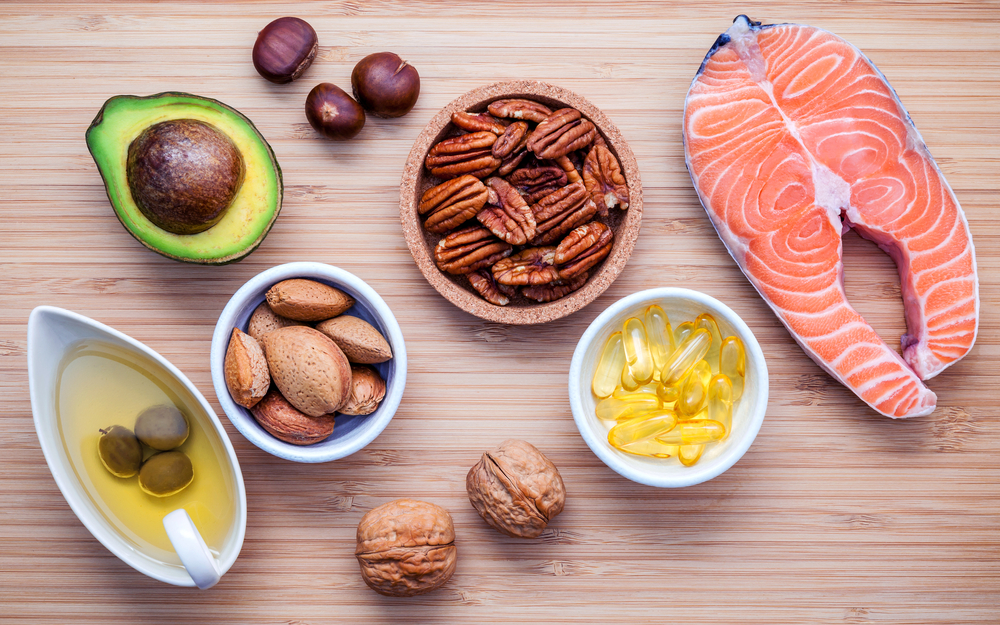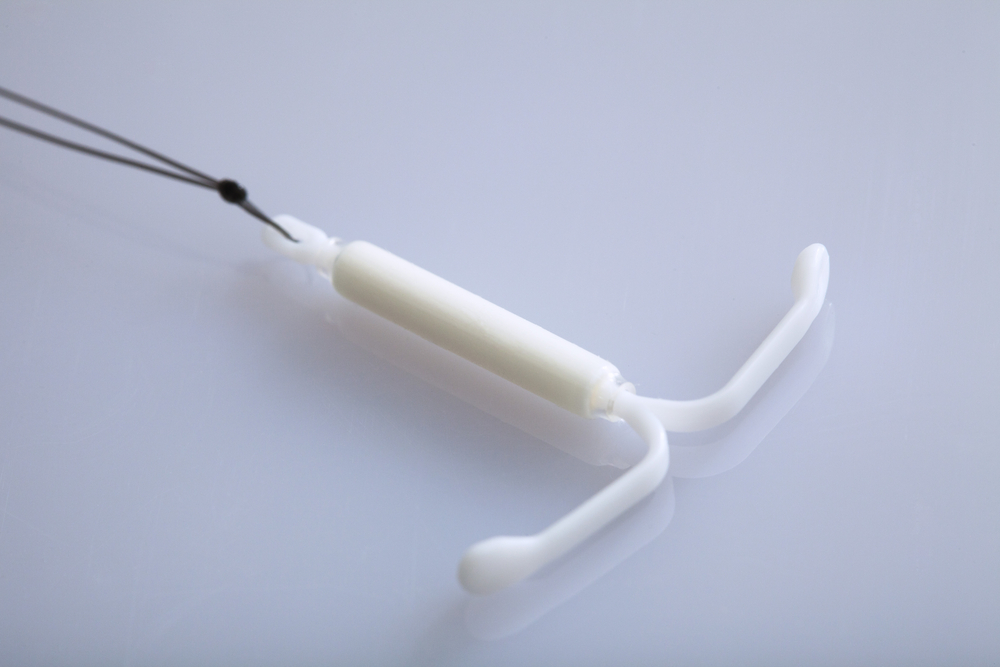Contents:
- Medical Video: How the food you eat affects your brain - Mia Nacamulli
- What are the benefits of omega 3 for child development?
- 1. Improve children's intelligence
- 2. Improve reading skills
- 3. Prevent from various diseases
- 4. Improve mental health
- What are the benefits of omega 6 for child development?
Medical Video: How the food you eat affects your brain - Mia Nacamulli
Omega-3 and 6 fatty acids are two types of fatty acids that are very important to support children's growth and development. Unfortunately, some parents may not really know what omega-3 and 6 fatty acids are so that their children's intake is still low. In fact, the benefits of omega 3 and 6 for children's health is very much, you know.
What are the benefits of omega 3 for child development?
Before knowing the benefits of omega 3 for child development, you need to know what is omega 3. Omega-3 fatty acids are a type of fatty acid that the body cannot produce so it must be met through food intake.
The best source of omega-3 fatty acids is in various types of fatty fish, for example sardines, mackerel, and salmon. That's why, WHO recommends that you eat at least two servings of fish per week to meet the needs of omega-3 fatty acids, as quoted from Healthline.
However, at this time also available milk that is enriched with omega-3 so that it is more practical to drink everyday.
Then, why should children also eat foods that are rich in omega-3? This is because there are many benefits of omega 3 for children's physical and mental health which is a pity to miss.
The various benefits of omega 3 for children are:
1. Improve children's intelligence
One of the benefits of omega 3 that should not be missed is to improve children's intelligence. A study from Oxford University revealed that children who get enough omega-3 intake tend to be more able to focus and more easily understand the lesson.
The content of omega-3 fatty acids in fish can help strengthen children's brain function. As a result, children become more concentrated and indirectly increase their intelligence.
2. Improve reading skills
When studying at school, children need balanced coordination between hands and eyes when recording lessons and doing assignments. In fact, this ability can be helped by the intake of omega-3 fatty acids, you know.
Children who are routinely given foods rich in omega-3 fatty acids tend to be easier to balance hand and eye movements. This is evidenced by Professor Paul Montgomery who is a researcher from Oxford University.
He revealed that children who have high levels of omega-3 in their blood tend to be able to read well. Not only that, they also have fewer behavioral problems at school.
3. Prevent from various diseases
If you want your baby to stay healthy all day, try giving him a diet rich in omega-3 fatty acids. The reason is, omega-3 can help improve the body's immune system, making the child free from disease.
Intake of omega-3 fatty acids for children can help increase good cholesterol levels, aka HDL. Triglyceride levels, blood pressure, and plaque formation in blood vessels will also decrease. Thus, your child will avoid the risk of hypertension and heart disease in the future.
The benefits of omega 3 have not stopped there. Omega-3 fatty acids can help control body weight while reducing waist circumference. Thus, your child will avoid the risk of obesity from childhood to adulthood.
4. Improve mental health
Fish oil has been widely used as a depression medicine for adults. However, experts revealed that this also applies to children.
Yes, besides improving physical health, the benefits of omega 3 are also very closely related to children's mental health. Many studies have shown that consumption of omega-3 fatty acids can help reduce the risk of various mental illnesses, for example depression, schizophrenia, and bipolar disease in children aged 6 to 12 years.
What are the benefits of omega 6 for child development?
Just like omega-3, omega-6 also includes fatty acids that cannot be produced by the body. For this reason, children need to take extra omega-6 from outside through nutritious foods, including from milk that has been enriched with omega-6 ...
Actually, the benefits of omega-6 are almost the same as the benefits of omega 3. One of them is being able to reduce various symptoms of chronic diseases, for example hypertension, obesity, and diabetes.
Based on a study published in the Journal of the Academy of Nutrition Dietetics in 2014, omega-6 gamma-linolenic acid (GLA) can help reduce cholesterol levels while controlling blood sugar. In the end, the child will avoid the risk of developing type 2 diabetes in the future.
In addition to improving physical health of children, the benefits of omega-6 fatty acids can also support their academic performance, you know. According to a study from the Sahlgrenska Academy at the University of Gothenburg in Sweden, the intake of omega-6 fatty acids can make children diligent in reading.
Children who have problems in terms of concentration are greatly helped by omega-6 intake. As a result, they are more easily focused when reading, even the ability to read it continues to increase day by day. If it continues, this certainly can improve children's achievements in the academic field.
Overall, omega 3 and 6 are not only important for children's cognitive and intelligence functions, but are also beneficial for eye, brain, and mental health. Therefore, make sure your daily omega 3 and 6 needs are met. Make sure there are fish or eggs in your child's daily food intake, and don't forget at least a glass of milk that has been fortified with omega-3 and 6.
So, make sure you have given your baby milk which has the highest omega 3 and 6 contents. Besides being good for children's health, milk that is high in omega 3 and 6 can improve brain function and children's intelligence in its infancy.














